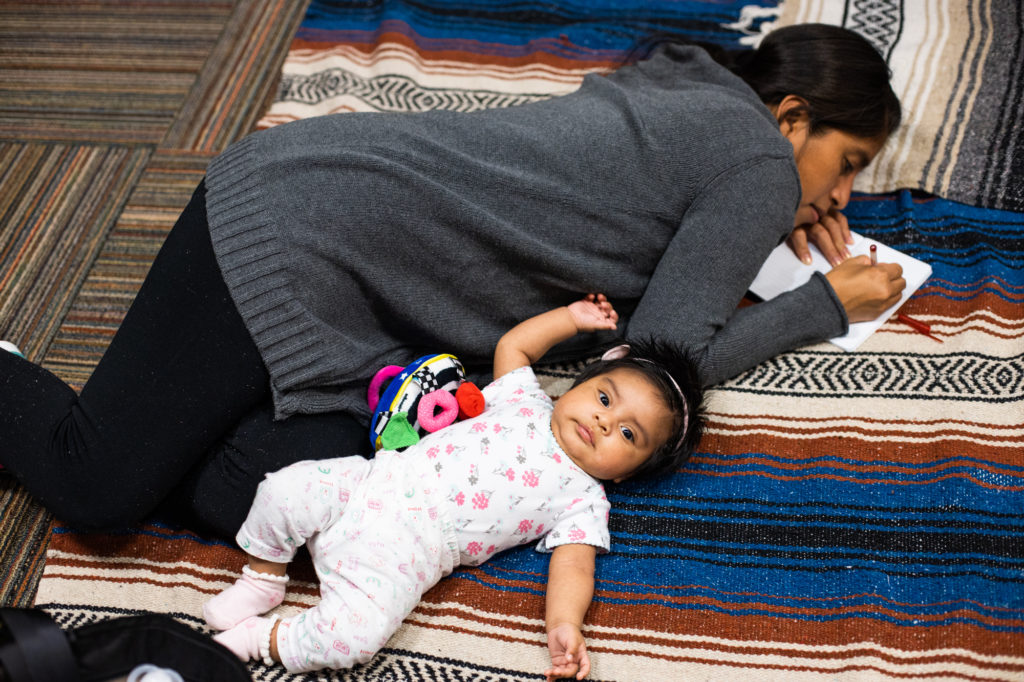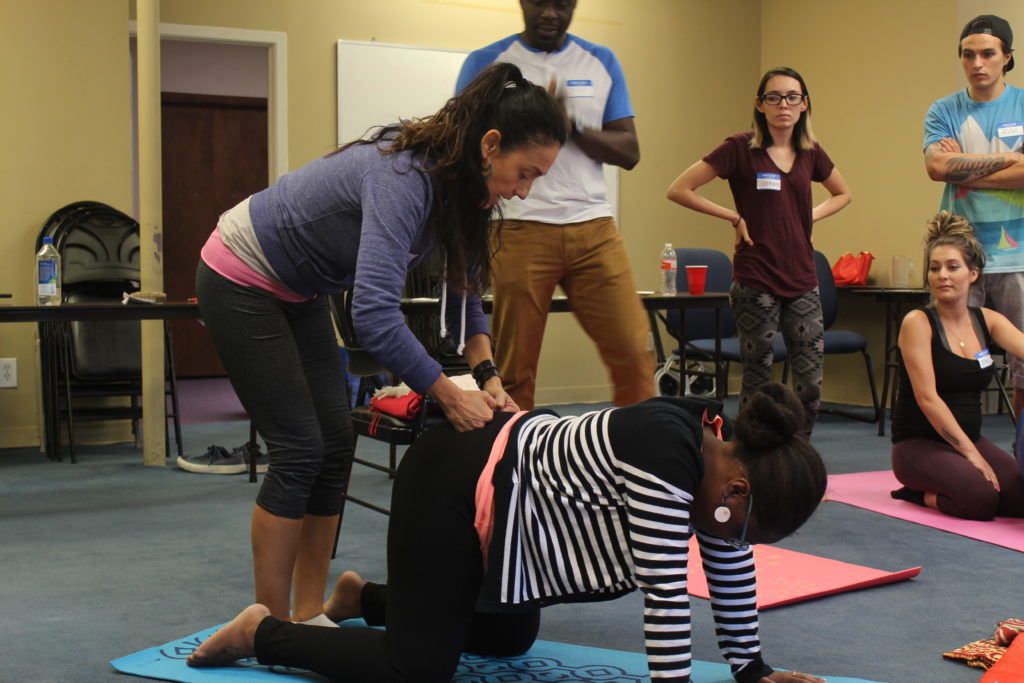Through education, advocacy and culturally congruent care, Mama Sana Vibrant Woman is providing quality care for pregnant women in Central Texas.
By Jennifer Xia, Photos courtesy of Mama Sana Vibrant Woman
Trachell Trice receives more birthday invitations than she can accept. As a birthing companion, she has become part of her patients’ families, watching the kids she helps deliver grow up on social media.
After beginning as a volunteer and becoming a birth companion at Mama Sana Vibrant Woman, Trice now serves as its birth support program director. In 2012, Jeanette Monsalve and Paula X. Rojas created Mama Sana as a social-justice initiative to provide low-income parents in Central Texas the resources they need for safe pregnancies and to foster a nonjudgmental community that values individuals for their cultural experiences.
With COVID-19, the community organization has faced new challenges to provide the same physical attention and resources to its birthing parents but has found virtual means to help prepare families, including equipping its birth companions with tablets to do virtual care and facilitating virtual group circles over Zoom in both English and Spanish.
COVID-19 continues to disproportionately affect communities of color and expose existing inequalities in maternal health care. According to a 2019 Morbidity and Mortality Report by the CDC, “Black, American Indian and Alaska Native (AI/AN) women are two to three times more likely to die from pregnancy-related causes than white women.”
“The new things are the old things,” Alexis Hall says, doula and birth companion at Mama Sana. “It’s access to resources, financial as well as the community that a lot of people lean on. With everything else that racism taints, it continues to decrease our value and worth through the maternal health process.”
Black women face many stereotypes imposed by society: fierce bearer of burden; warrior of strength; the angry Black woman. “We’re not treated gently,” Trice says. “We’re not treated with respect. They assume we’re able to tolerate pain. With our Latino community, there’s a language barrier so [medical workers] assume they don’t have to explain procedures because [patients] might not understand.”
Mama Sana’s programming is centered around honoring that pain by providing culturally congruent care. “You are able to work with someone who has a similar background, someone who can support you with where you are without judgment or control,” Hall says. “The reality and truth is that no one is going to care for us the way we do. We have that lived, shared experience of suffering that knits our hearts together.”
The nonprofit is also developing an emergency-response fund for COVID-19 in addition to meal services, therapy and doula work. “We’ve been doing amazing things around COVID for our families and it’s been really important during this time,” Trice says.
As much support that Mama Sana provides for its participants, Hall has garnered resilience and hope from the tenacious families she is able to share those intimate moments with.
“In serving them, I serve myself,” Hall says. “It’s allowed me to understand that my softness is a gift to love and make people feel loved in a smile, in holding their hand or rubbing their back. One way you discover that is through a community of people who value you for everything that you are and that is something I found at Mama Sana.”



